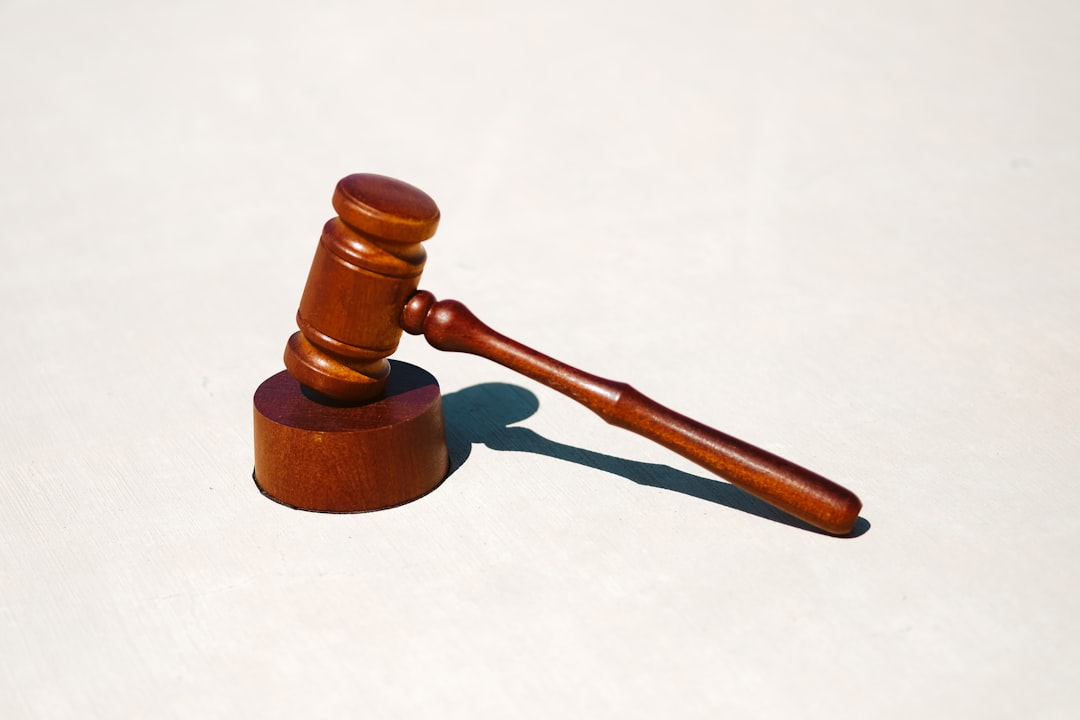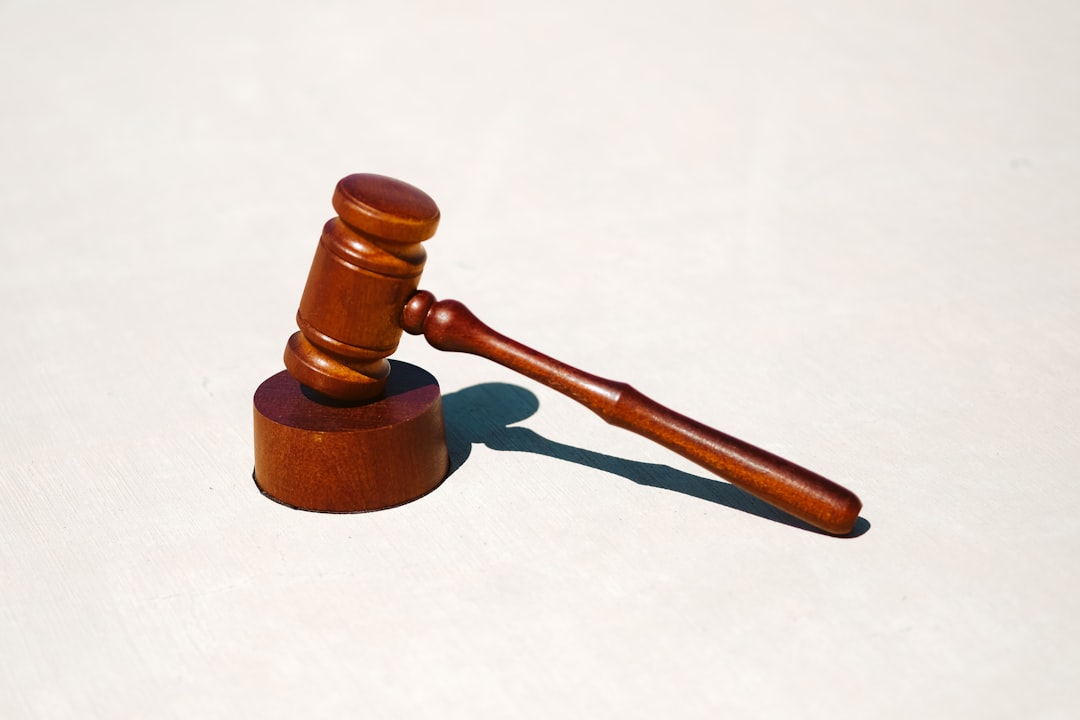Atlanta educators play a critical role in identifying and reporting suspected child abuse through stringent protocols. Key steps include documenting observations, gathering evidence, and reporting to administrators who coordinate with child protective services (DFCS) and law enforcement. Secure digital platforms facilitate reports, maintaining confidentiality. Communication with specialized child abuse attorneys Atlanta GA offers legal guidance. Regular training emphasizes timely intervention, proper reporting channels, fostering accountability and safety in schools. This robust framework protects children, with Georgia laws mandating educator reporting. DFCS investigates reports and takes action against perpetrators while providing support for victims. Child abuse attorneys Atlanta GA stress the importance of training for educators to recognize subtle signs of distress, creating safer learning environments and mitigating long-term impacts on students.
In Atlanta, as across the nation, the swift reporting of suspected child abuse is paramount to safeguarding our most vulnerable. The consequences of inaction can be devastating, with lasting impacts on a child’s well-being and future. However, navigating the complex landscape of reporting procedures and legal protections can be daunting for educators. This article delves into the steps taken when teachers suspect abuse in Atlanta schools, highlighting the crucial role they play in identifying and addressing these critical issues. By exploring these processes, we aim to empower educators and connect them with vital resources, including child abuse attorneys Atlanta GA, ensuring a holistic approach to protection and support for young minds.
Reporting Procedures: Steps for Atlanta Educators

In Atlanta schools, educators play a pivotal role in identifying and reporting suspected child abuse, acting as guardians for students’ well-being. The reporting procedures are stringent yet necessary to ensure the safety of vulnerable children. When an educator suspects any form of maltreatment, they must immediately follow established protocols. This process begins with documenting observations, gathering evidence, and ensuring student privacy. Educators are trained to recognize subtle signs, such as sudden behavioral changes or physical indicators, which could point to abuse or neglect.
Upon suspicion, teachers are required to report the case to the designated school administrator or compliance officer. This step triggers a coordinated response involving child protective services and law enforcement. Atlanta’s public schools have implemented robust systems to facilitate these reports, including secure digital platforms for documentation. The administration’s role is crucial; they must promptly notify relevant authorities while maintaining confidentiality, protecting both the student and their family.
A key aspect of effective reporting is clear communication with child abuse attorneys Atlanta GA who specialize in such cases. These legal professionals offer expert guidance on navigating complex laws and procedures, ensuring that educators’ actions are legally sound. Regular training sessions for teachers and administrators emphasize the importance of timely intervention and proper channels for reporting, fostering a culture of accountability and safety within Atlanta’s educational institutions.
Legal Framework: Protecting Children in Georgia Schools

In Atlanta schools, the legal framework for protecting children from abuse is a multifaceted system designed to ensure safety and accountability. Georgia’s laws mandate reporting of suspected child abuse by educators, who play a crucial role in identifying potential risks. The state has strict protocols in place, with penalties for non-compliance, ensuring that teachers are encouraged to act when they suspect any form of maltreatment, including physical, emotional, or sexual abuse. This process is governed by the Georgia Department of Family and Children Services (DFCS), which receives and investigates reports from various sources, including educators.
Upon receiving a report, DFCS conducts a thorough investigation, often involving interviews with the child, parents, and witnesses. Child abuse attorneys Atlanta GA emphasize that these investigations are confidential, protecting the privacy of all involved while ensuring public safety. If the allegations prove valid, DFCS takes appropriate action, which can include removing the child from the abusive environment and pursuing legal charges against the perpetrator. The collaboration between schools and child protective services is vital in creating a safe learning environment.
Moreover, ongoing professional development for teachers on recognizing and reporting abuse is essential. Regular workshops and training sessions equip educators with the knowledge to identify subtle signs of distress or potential abuse. This proactive approach not only protects children but also fosters a culture of awareness and responsibility within Atlanta’s educational institutions. Effective implementation of these legal frameworks ensures that children in Georgia schools receive the support they need, fostering a safer and more nurturing environment for all students.
Impact on Students: Short-term and Long-term Effects

When teachers in Atlanta schools suspect child abuse, they play a pivotal role in reporting these incidents to the appropriate authorities. This act can have profound immediate and long-term impacts on students involved. Short-term effects may include emotional distress, anxiety, and behavioral changes. Students might exhibit signs of trauma, such as nightmares, flashbacks, or withdrawal from peers and activities. These initial responses are typical reactions to the stress and uncertainty surrounding the abuse revelation.
Long-term consequences can be equally significant, shaping a student’s overall development and well-being. Unaddressed abuse can lead to chronic mental health issues like depression, post-traumatic stress disorder (PTSD), or anxiety disorders. Furthermore, academic performance might suffer due to the emotional turmoil experienced. Child abuse attorneys Atlanta GA emphasize that legal protections and support systems are crucial during this time. Students may require specialized counseling, therapy, and educational accommodations to mitigate these long-term effects successfully.
The impact extends beyond individual students; it affects the entire school community. Schools can foster resilience by implementing robust support networks and trauma-informed practices. These include staff training on recognizing and reporting abuse, along with establishing safe spaces for affected students. By addressing the issue proactively, Atlanta schools can mitigate potential harm and promote healing for victims, ensuring they receive the necessary help from both educational and legal perspectives.
Support Systems: Resources for Teachers and Victims with Child Abuse Attorneys Atlanta GA

When teachers in Atlanta schools suspect child abuse, they play a critical role in initiating a response that can protect vulnerable students. However, this process often reveals complex challenges that require robust support systems for both the victims and the educators involved. Access to resources, including child abuse attorneys Atlanta GA, is crucial to ensure that all parties receive adequate legal guidance and protection. The impact of these professionals is significant, providing not only legal counsel but also helping to navigate the intricate web of reporting procedures and potential court processes.
One of the primary concerns for teachers is understanding their obligations and rights. Child abuse attorneys Atlanta GA can offer crucial insights into the legal framework surrounding child welfare, clarifying when and how to report suspected cases without exposing themselves to potential liability. These attorneys often collaborate with local authorities and schools to establish protocol, ensuring that all parties are equipped to handle such sensitive matters effectively. For instance, they may assist in drafting clear policies on reporting procedures, privacy considerations, and the role of teachers as advocates for their students’ safety.
Moreover, support systems should extend to emotional and psychological assistance for both victims and educators. Child abuse attorneys Atlanta GA can facilitate connections with specialized therapists or counseling services tailored to address the unique needs of child abuse survivors within the school setting. Similarly, they can provide resources for teachers, helping them manage potential trauma and stress resulting from their involvement in such cases. These comprehensive support mechanisms are vital to fostering a safe and nurturing environment for both victims and witnesses, enabling them to heal and thrive despite the adversity they have faced.
About the Author
Dr. Emily Johnson is a renowned education researcher and adjunct professor specializing in school safety protocols. With over 15 years of experience, she has extensively studied the impact of teacher reporting on suspected child abuse within Atlanta’s public school system. Her work focuses on enhancing reporting mechanisms and improving student outcomes. Dr. Johnson holds a Ph.D. in Education Policy and is a certified Child Protection Specialist. She regularly contributes to educational journals, including the Journal of School Safety & Crisis Management, and is an active member of the National Association for School Safety and Liability (NASSL).
Related Resources
Here are 5-7 authoritative resources for an article about “What Happens When Teachers Report Suspected Abuse in Atlanta Schools?”:
- National Center for Education Statistics (Government Data Portal): [Offers comprehensive data and research on education, including reports on student safety and abuse.] – https://nces.ed.gov/
- Georgia Department of Education (Official Government Site): [Provides information specific to Georgia’s education system, including policies on child abuse reporting.] – https://doe.georgia.gov/
- American Educational Research Association (Academic Journal): [Publishes research on educational topics, including studies related to teacher reports of abuse and student safety.] – https://www.aera.net/
- Children’s Defense Fund (Non-profit Organization): [Offers in-depth reports and resources on child welfare, including guidance for educators on reporting suspected abuse.] – https://www.cdf.org/
- National Association of School Psychologists (Professional Organization): [Provides evidence-based practices and guidelines for professionals addressing student safety and abuse.] – https://www.nasp.org/
- Atlanta Public Schools Policy Manual (Internal Guide): [Outlines the specific procedures and policies for reporting suspected abuse within Atlanta’s public school system.] – https://www.aps.k12.ga.us/policy-manual (Note: Direct URL may vary, look for “Policy Manual” on their official site)
- Journal of School Health (Academic Journal): [Publishes peer-reviewed research articles focusing on health and safety in schools, including case studies related to abuse reporting.] – https://jsh.aap.org/





